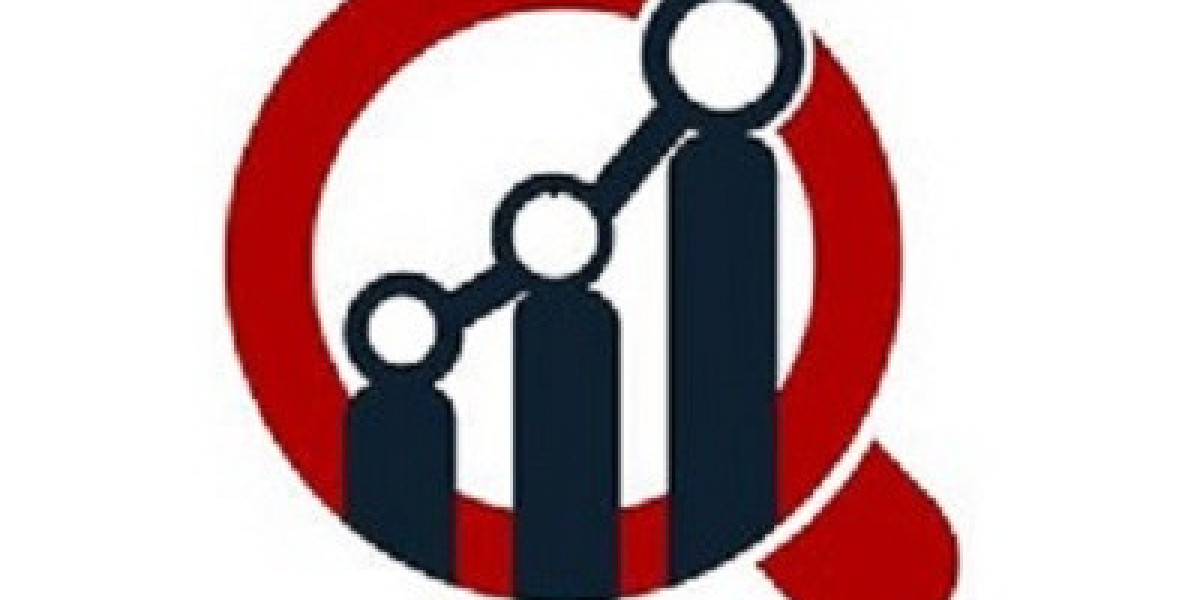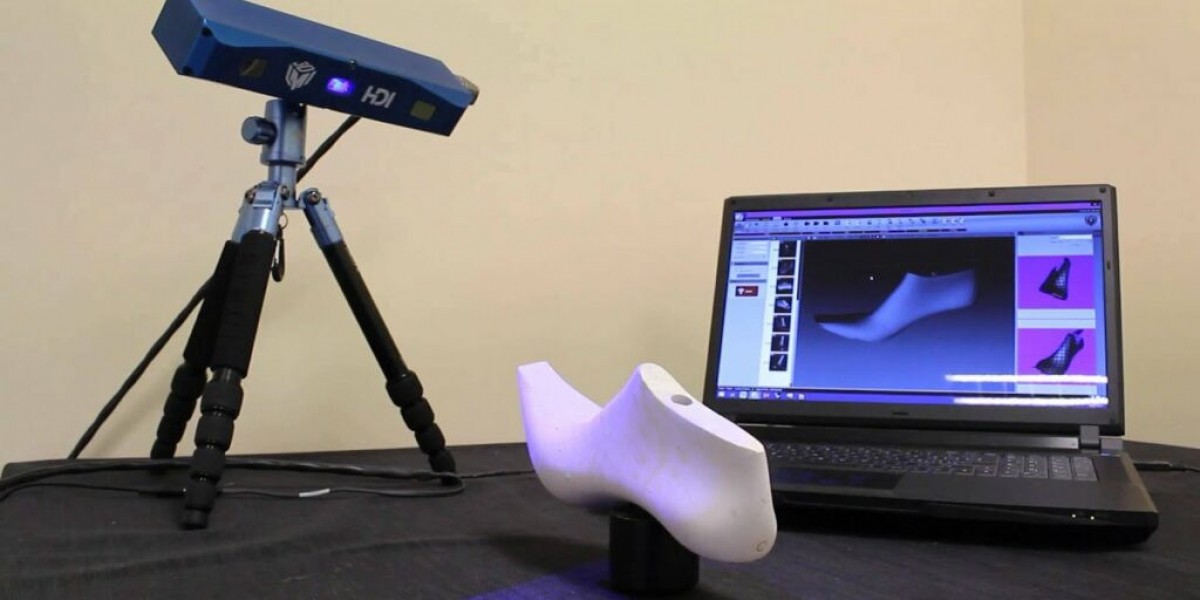Road Marking Materials Market Overview
The Road Marking Materials Market Size was valued at USD 1.2 Billion in 2022. The Road Marking Materials market industry is projected to grow from USD 1.34 Billion in 2023 to USD 8.9 Billion by 2030, exhibiting a compound annual growth rate (CAGR) of 5.1% during the forecast period (2023 - 2030).
Road markings are essential elements of roadways that provide guidance, direction, and safety for drivers and pedestrians. These markings help to delineate traffic lanes, indicate turning points, and highlight potential hazards. In recent years, there has been an increase in the demand for road marking materials due to the growth of the global road infrastructure and the need for increased safety measures. The road marking materials market is expected to grow at a significant rate in the coming years due to the rising demand for road safety and improved visibility.
Road marking materials can be divided into four primary categories: paint, thermoplastics, preformed markings, and tapes. Each of these materials has its own set of benefits and drawbacks, and they are used in various applications depending on the specific needs of the roadway.
Paint is the most commonly used road marking material. It is cost-effective, easy to apply, and provides good visibility. Paint is available in different formulations, including water-based, solvent-based, and epoxy-based. Water-based paint is the most commonly used, as it is environmentally friendly and easy to apply. Solvent-based paint is more durable than water-based paint, but it contains volatile organic compounds (VOCs), which can be harmful to the environment. Epoxy-based paint is the most durable, but it is also the most expensive and difficult to apply.
Thermoplastics are another popular road marking material. They are made from a mixture of resins, glass beads, and pigments. Thermoplastics are melted and applied to the road surface using a specialized machine. They provide excellent visibility, are highly durable, and have a long service life. However, they are more expensive than paint and require specialized equipment for application.
Preformed markings are made from pre-cut sheets of materials such as thermoplastic or vinyl. These markings are applied to the road surface using heat, which causes them to adhere to the road surface. Preformed markings are highly visible and durable, and they are easy to apply. However, they are more expensive than paint and may require specialized equipment for application.
Tapes are the newest type of road marking material. They are made from a thin layer of reflective material that is applied to the road surface using pressure-sensitive adhesive. Tapes are highly visible, easy to apply, and can be removed and replaced easily. They are ideal for temporary road markings, construction sites, and areas that require frequent changes to the markings. However, tapes are less durable than other types of road marking materials and may not be suitable for heavy traffic areas.
The road marking materials market is driven by several factors, including the growth of the global road infrastructure, increasing awareness of road safety, and government regulations. The demand for road marking materials is also influenced by the increasing use of autonomous vehicles, which require highly visible markings to navigate the roads safely.
Asia Pacific is the largest market for road marking materials, with China, India, and Japan being the major contributors to the growth of the market in the region. The growth of the road infrastructure in these countries, coupled with the increasing demand for road safety, is driving the demand for road marking materials in the region.
North America and Europe are also significant markets for road marking materials. The demand for road marking materials in these regions is driven by the need for increased road safety, the growth of the construction industry, and government regulations. The adoption of advanced road marking technologies, such as smart road markings and self-healing road markings, is also expected to drive the growth of the market in these regions.
The road marking materials market is highly competitive, with several players operating in the market. Some of the key players in the market include 3M Company, The Sherwin-Williams Company, Geveko Markings, and Ennis-Flint, Inc. These companies are focusing on product
Key Players
3M (U.S.)
Sherwin-Williams (U.S.)
Swarco AG (Austria)
Nippon Paint Holdings Co. Ltd. (Japan)
Ennis Flint Inc. (U.S.)
Hempel (The Netherlands)
Geveko Markings (Sweden)
PPG Industries Inc. (U.S.)
Asian Paints Ltd. (India)
SealMaster (U.S.)
LANINO (South Africa)
Reda National Co. (Saudi Arabia)
TATU Traffic Group (China)
About Market Research Future:
At Market Research Future (MRFR), we enable our customers to unravel the complexity of various industries through our Cooked Research Report (CRR), Half-Cooked Research Reports (HCRR), & Consulting Services. MRFR team have supreme objective to provide the optimum quality market research and intelligence services to our clients.
Contact us:
Market Research Future (part of Wantstats Research and Media Private Limited),
99 Hudson Street, 5Th Floor,
New York, New York 10013
United States of America
+1 628 258 0071
Email: sales@marketresearchfuture.com
Website: https://www.marketresearchfuture.com








